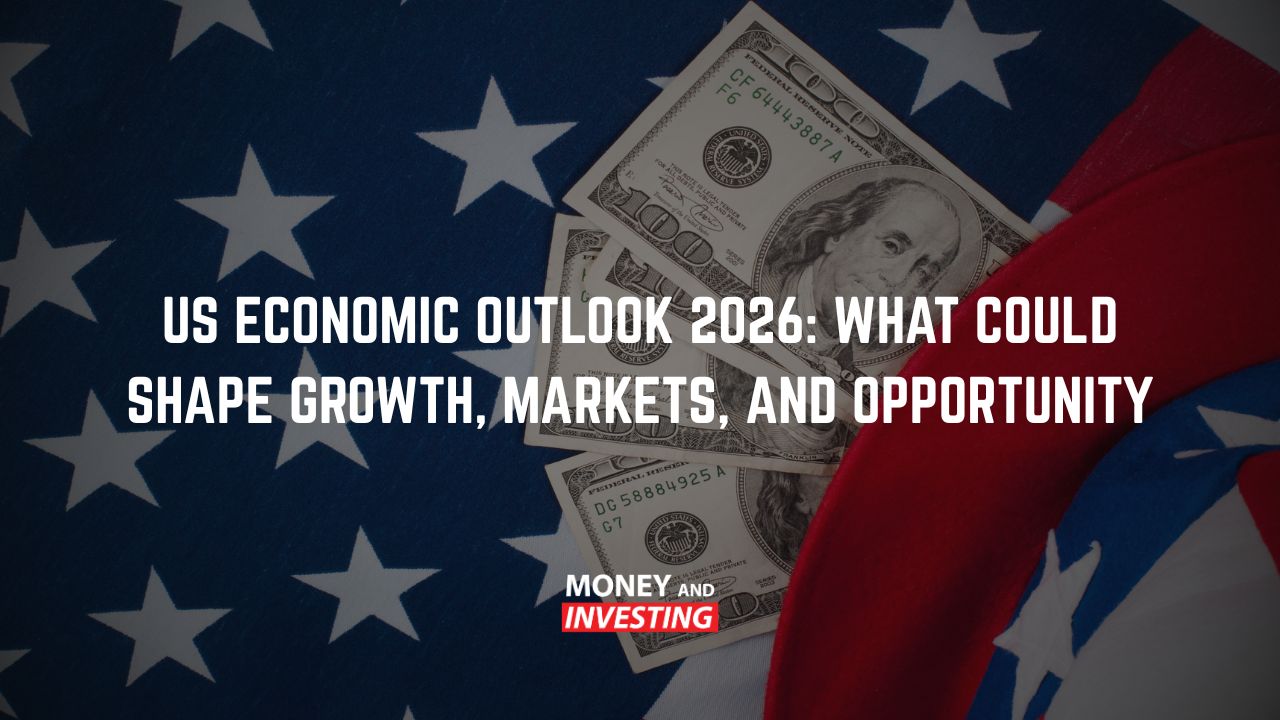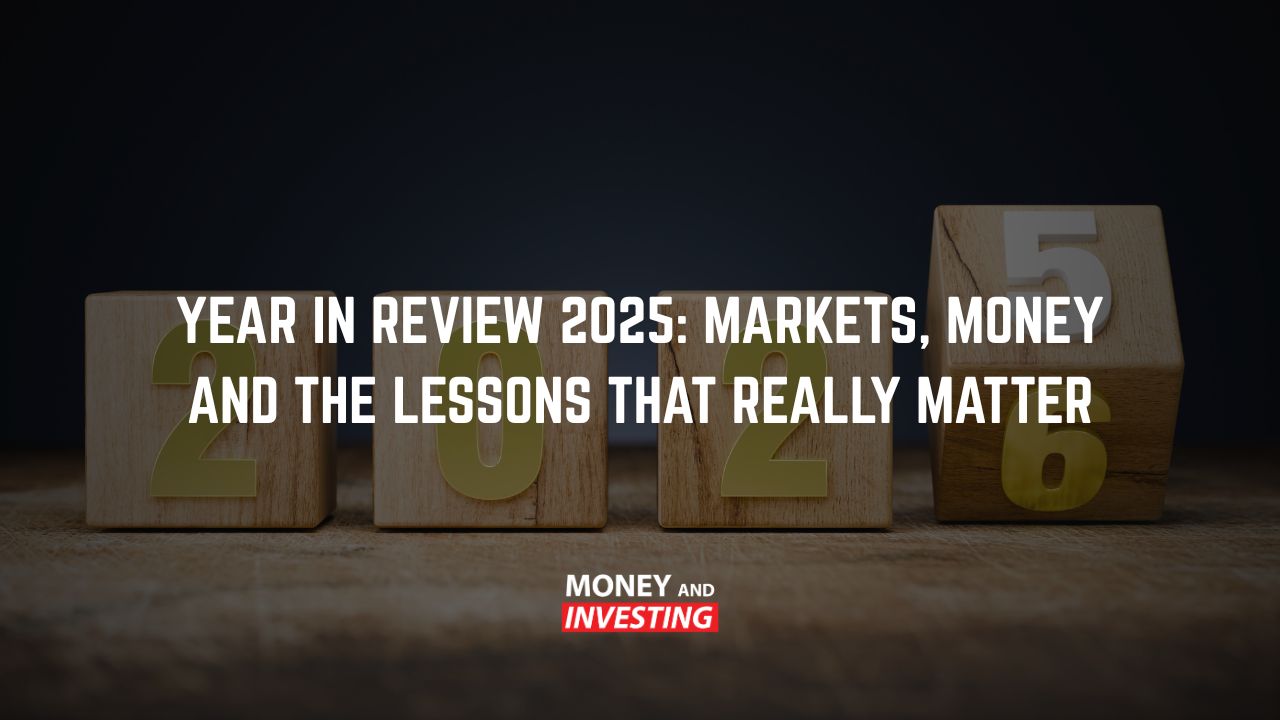Election Reaction
As you would have heard, Anthony Albanese for the Labor Party is the new Prime Minister of Australia. Join us for this week’s episode where we talk through all of the major takeaways from the election itself, and what Labor’s Australia might look like over the next few years.
Secondary Voting – The Election Decider
Labor won the election in what has been touted as a convincing fashion. The reality, however, is that the major parties attracted between 30 and 35% of the vote each and the Liberal party actually took more of the two. The impact of secondary voting in Australia’s political system is hugely impactful, and it seems odd that a majority government can be formed after not receiving the bulk of primary votes. Host Andrew Baxter notes that the world has changed and perhaps our political system should be reviewed, but perhaps that’s an issue for another podcast. A large contingent of Independent and Greens candidates winning seats led to Labor’s majority and this shift in the political landscape could have some significant consequences for Labor’s tenure.
Politics vs Policies
As usual, it was a game of politics and not policies over the course of this election. We saw a healthy mix and smear campaigns throughout the election campaign from both parties. ‘Gotcha’ journalism was one of the major smokescreens for both parties dodging making any real commitments in terms of policy. One of the main policy clashes was approaches to housing affordability. First, Labor came out with a scheme in which the government would essentially co-sign on property along with buyers who would not otherwise be able to afford a home.
Host Andrew Baxter points out that there is a lot that can go wrong with the scheme, particularly if the value of the house drops and the government finds itself in negative equity. Is the taxpayer then liable to pay for that? The Liberal party were then prompted to make a policy of their own in response to unaffordable housing. The proposal to allow homebuyers to buy property using their superannuation was a desperate lunge from the Coalition to respond to Labor’s response to the crisis.
Manufacturing vs Wages
Everyone wants to be paid more for the work they do, which is why increasing wages is popular among voters. As an economist himself, Host Andrew Baxter knows that committing to a high increase in wages is short-sighted and not a certain way of helping people deal with the rising cost of living. In a free market, equilibrium of price tends to be reached naturally based on supply and demand. When you then overlay government interference and mandated wage increases, you find yourself in an uncompetitive and inefficient market. 1970’s in Great Britain provides a perfect example for this.
Governments in the Common Market, now the European Union, would announce that they would pay a set price for a given product from farmers. What would then happen is that more of that product would be produced than what was needed, so governments were forced to pay up in a market where there was a total oversupply. Another point to keep in mind is that increases in wages have to be paid for somehow. If wages increase, and super contributions from employers increase in tow, then employers are set to be parting with a good chunk of their margin. As a result, we see prices go up, and we are back where we started and inflation has only been further propped up.
Challenges Facing the Government
Although Labor won the election, the circumstances mean it will not be the smoothest period of power. With no majority in the Senate, passing legislation will be very difficult for the party as constituents from many parties will oppose certain bills. The Greens are one party with a large amount of power in the Senate, and last time that was the case the major change of banning live cattle exports hurt the Australian agriculture industry badly. Combine this with the major international headwinds faced at the moment like China’s lockdowns, the war in Ukraine, supply chain recoveries on the back of Covid, and inflation concerns, the government need to tread lightly and not making any drastic changes. Trying to prop up a mostly failed manufacturing sector would be a mistake, particularly if wages were to increase.
3 Expectations for the Next Year
As a parting prediction, Host Andrew Baxter expects to not see any major shaking up of policy in Australia, particularly in the early stages of Albo’s tenure. The largest challenges he predicts are the impacts of China coming out of lockdowns which have an array of impacts. Firstly, there is greater demand for some of Australia’s major exports like coal and iron ore. However, China’s current state means less demand for oil, thus keeping prices at bay for the time being. Once these prices increase further, we will see a large spike in the cost of living once again. Despite the cost of living concerns however, the single biggest risk is over-interference in the labour market as increasing wages significantly in an artificial way will have effects outside of day-to-day people earning more.



